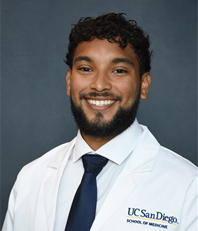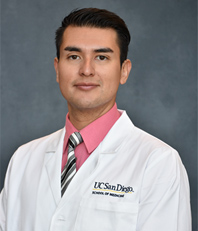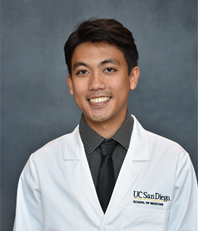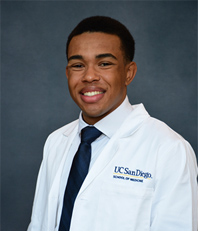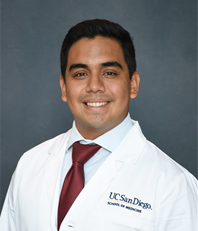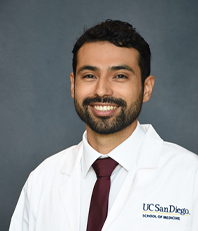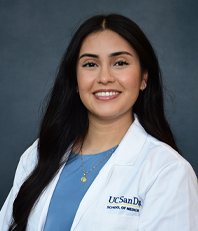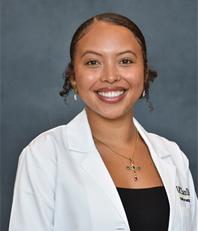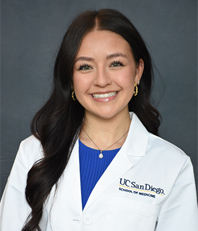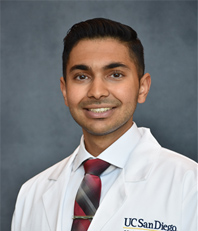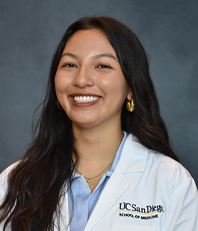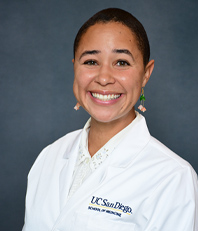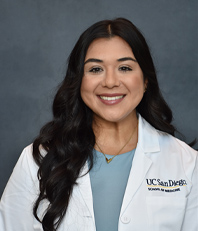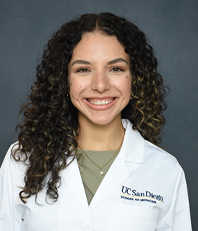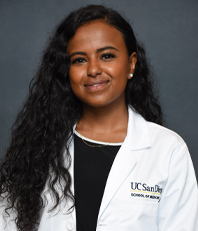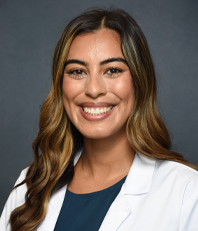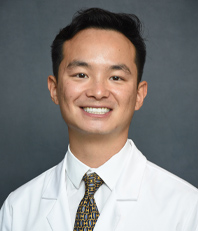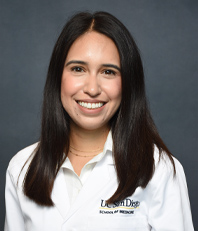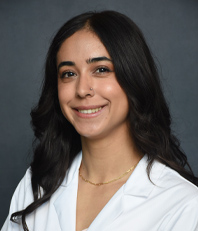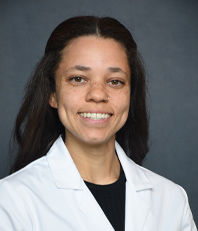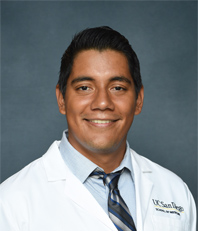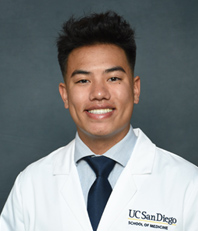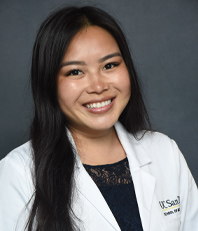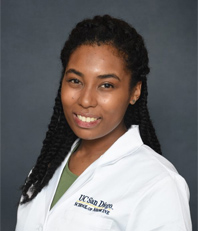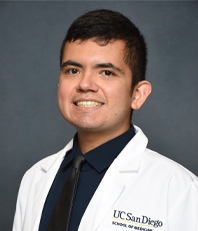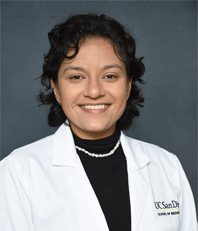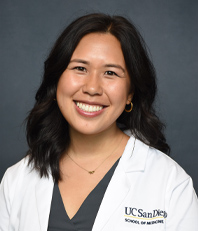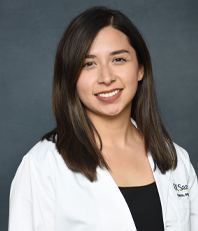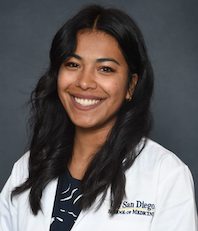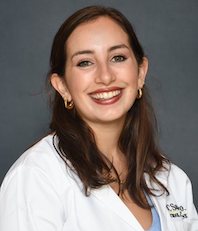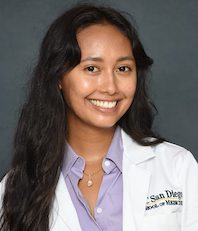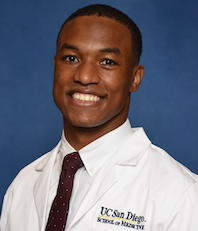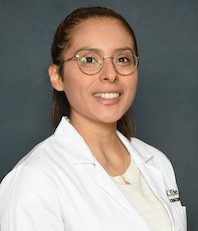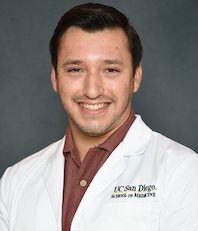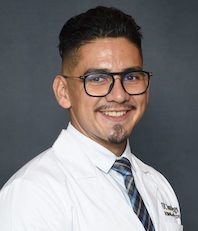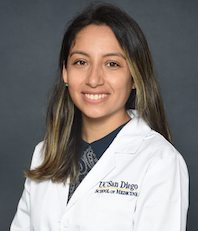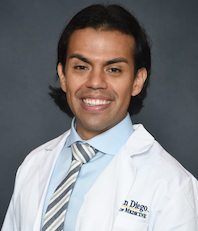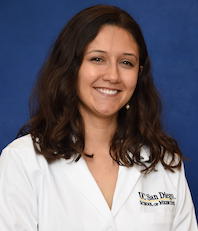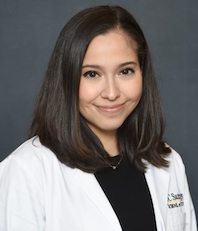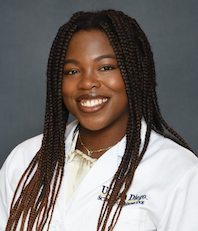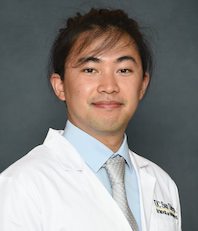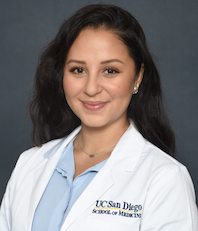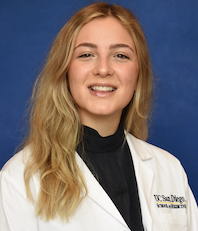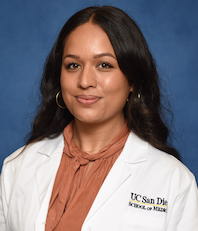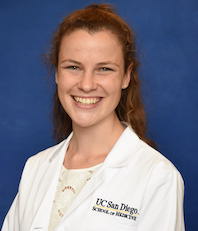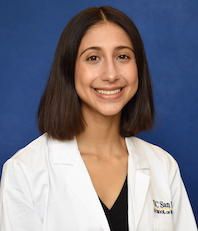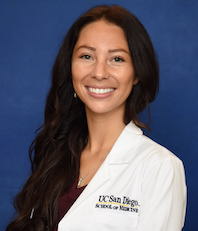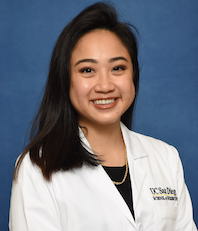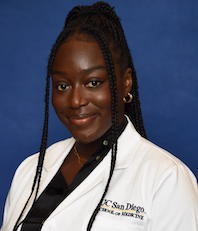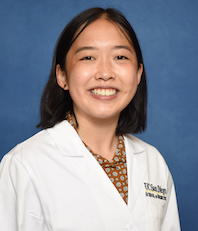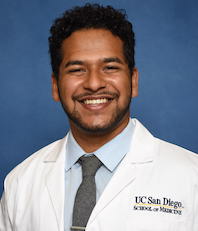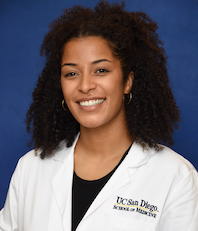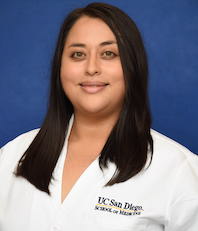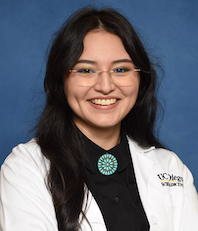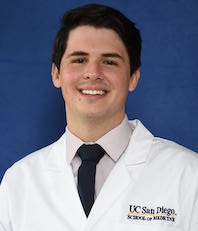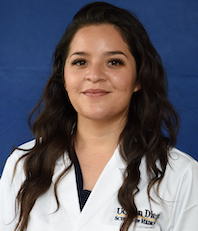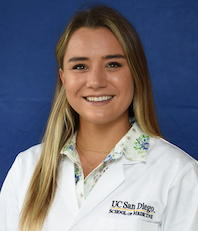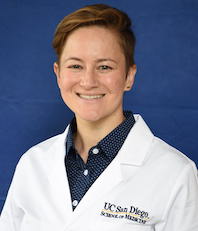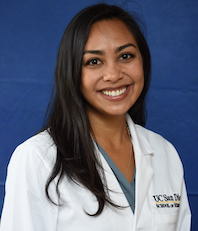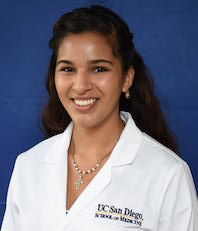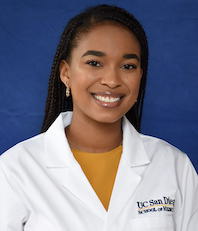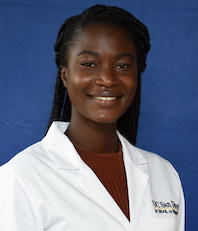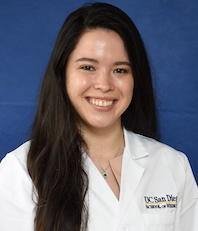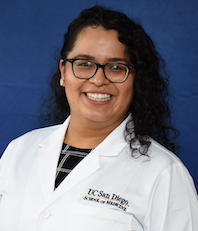Carlos Antonio Garcia Tovar
Pronouns: he/him/his
Hometown: El Diezmo, Guanajuato, Mexico
At age 15, I crossed the border daily from Tijuana to San Ysidro to attend high school. The image of social injustice was evident as I walked towards the bustling border, observing exhausted and weary faces seeking warmth under cardboard or food scraps from the trash. While waiting at the border, I would be approached by small children asking for money or food. For two years, this image made me ponder how society ended up in this predicament and reflected on our failure to aid the underserved.
My passion for addressing underserved communities arises from personal experiences like living in the Inland Empire with my parents being undocumented immigrants, which exposed me to difficulties accessing quality health care and a lack of physicians who can communicate with their non-English speaking patients. At age 10, we moved to Guanajuato, Mexico, due to fear of my family’s undocumented status. Living in Guanajuato exposed me to social inequities and the contrast of health care infrastructure from one country to another. Many lived remotely far from primary care services or had difficulty accessing grocery stores. As a result, I viewed good health as a fortune or almost a luxury.
While at UC San Diego, I joined organizations like Health Frontiers in Tijuana (HFiT), whose mission was to aid underserved communities in Baja California, Mexico, which resembled my home community. I later learned about social determinants of health: how to identify, understand, and address them. After graduation, I continued working with HFiT to continue serving and addressing issues endemic to the border region that affected many underserved populations on both sides.
I chose PRIME Health Equity (HEq) because of my experiences and ability to interact with people varying in age, socioeconomic status, gender, and ethnicity. Within PRIME HEq, I will be empowered to become a physician and a community and public health service leader. I aim to work alongside faculty, peers, and community partners to address social and health inequities to enable and uplift underserved communities.
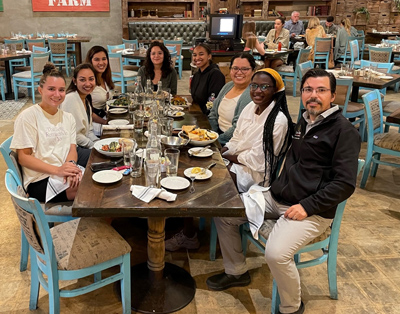 UC San Diego PRIME-HEq is an innovative training program focused on meeting the needs of California's underserved populations. Students learn to combine specialized coursework, structured clinical experiences, advanced independent study, and mentoring to prepare to work within underserved communities. Students are focused on reducing health care inequities and are committed to becoming physician leaders, researchers, and innovative changemakers.
UC San Diego PRIME-HEq is an innovative training program focused on meeting the needs of California's underserved populations. Students learn to combine specialized coursework, structured clinical experiences, advanced independent study, and mentoring to prepare to work within underserved communities. Students are focused on reducing health care inequities and are committed to becoming physician leaders, researchers, and innovative changemakers.
